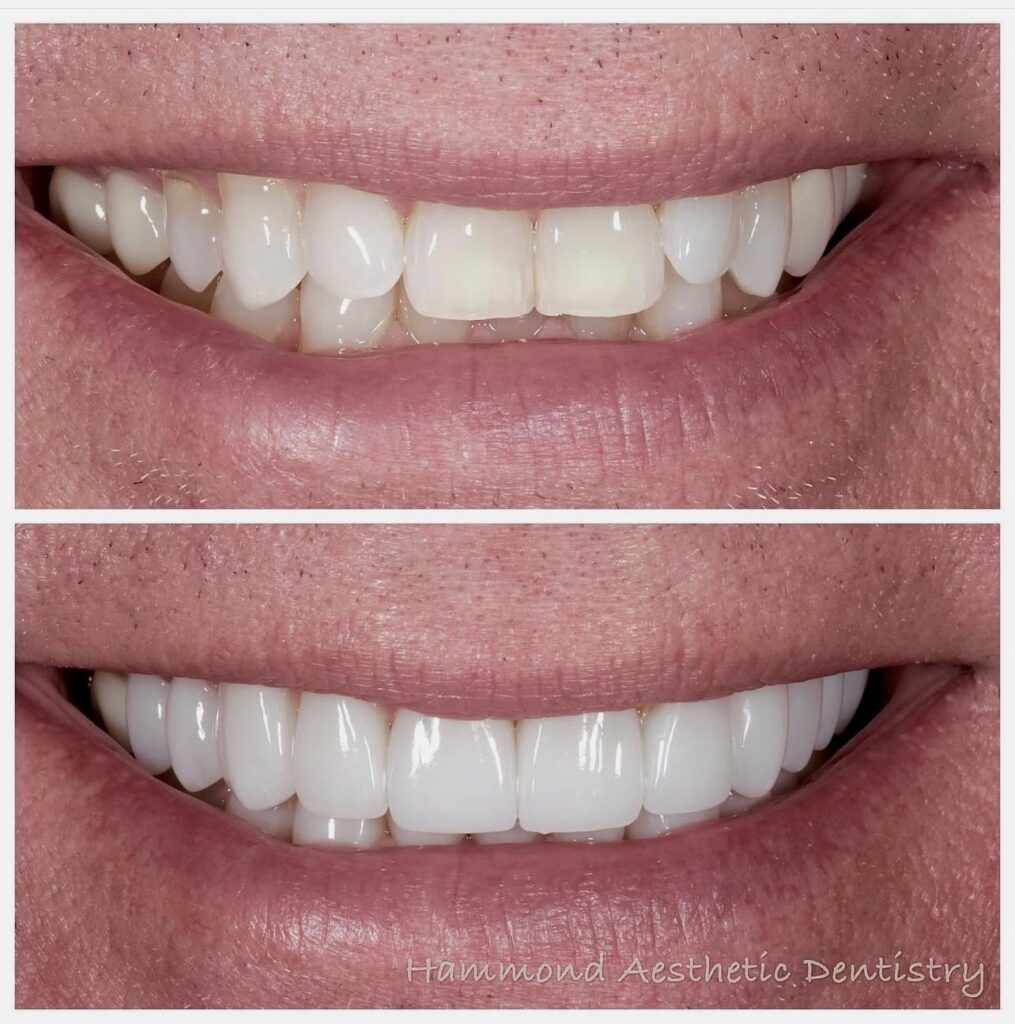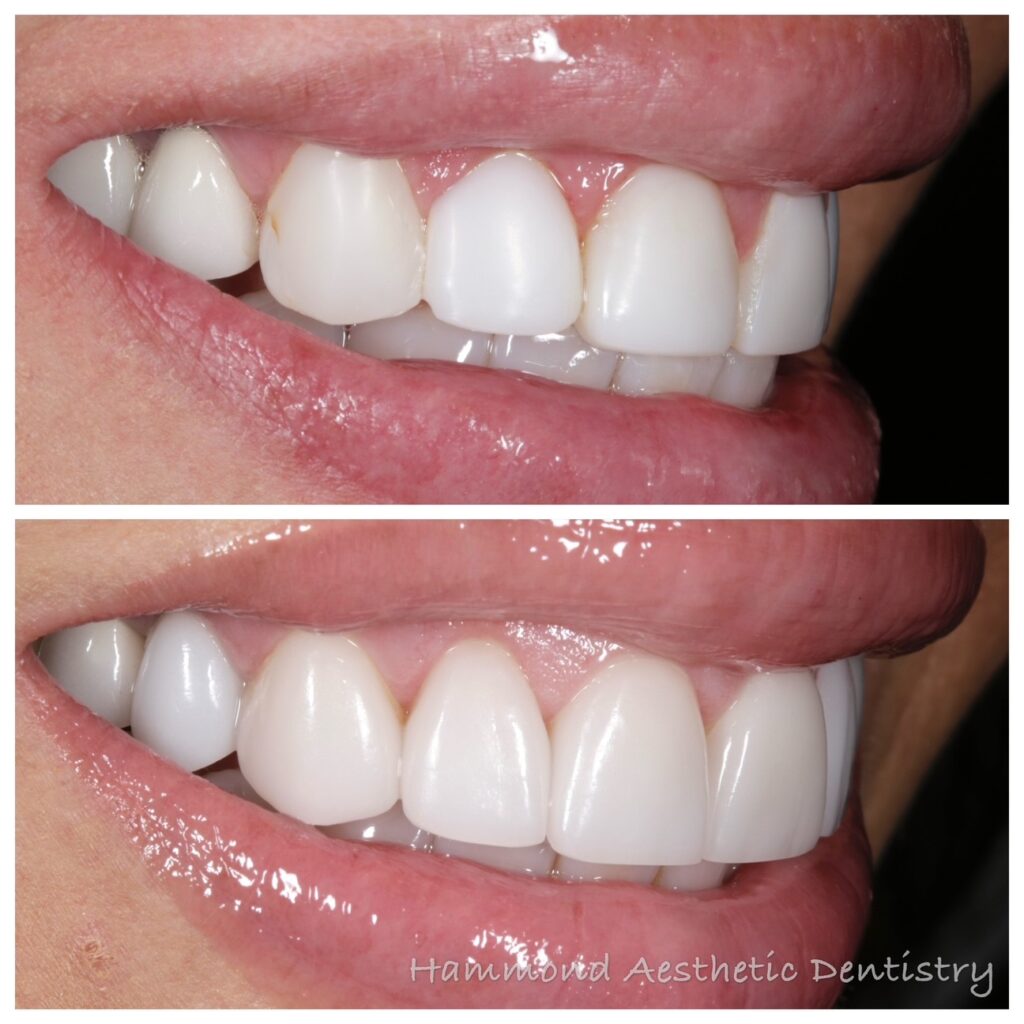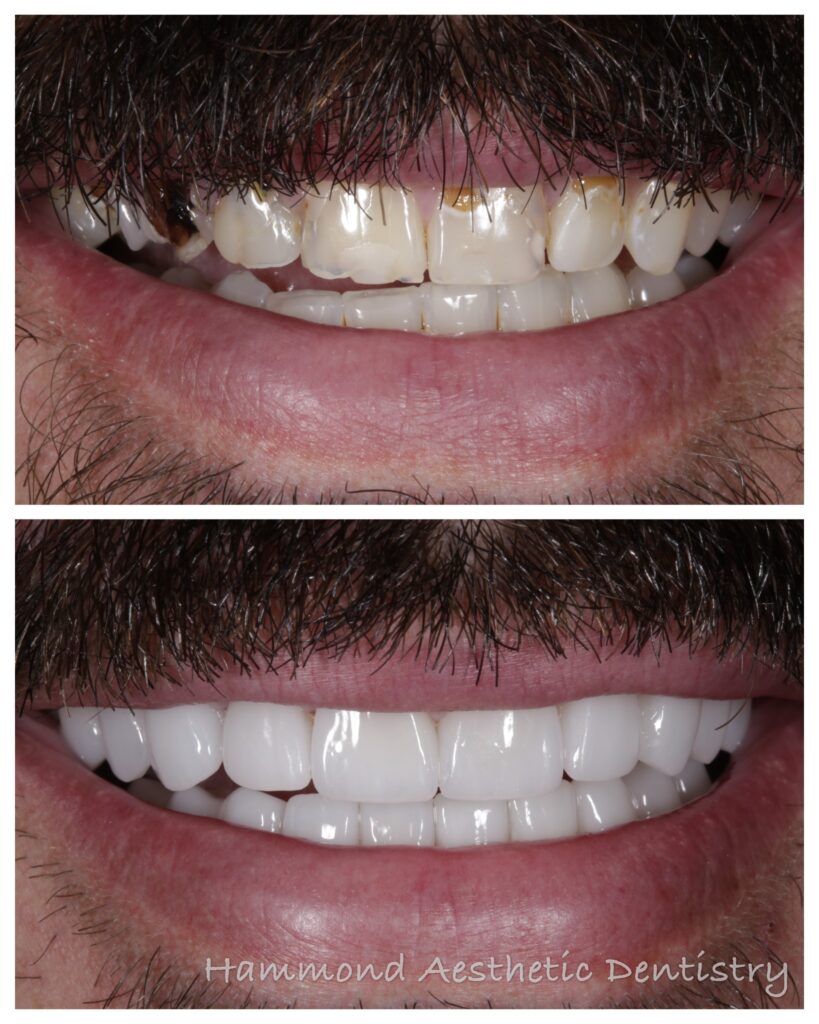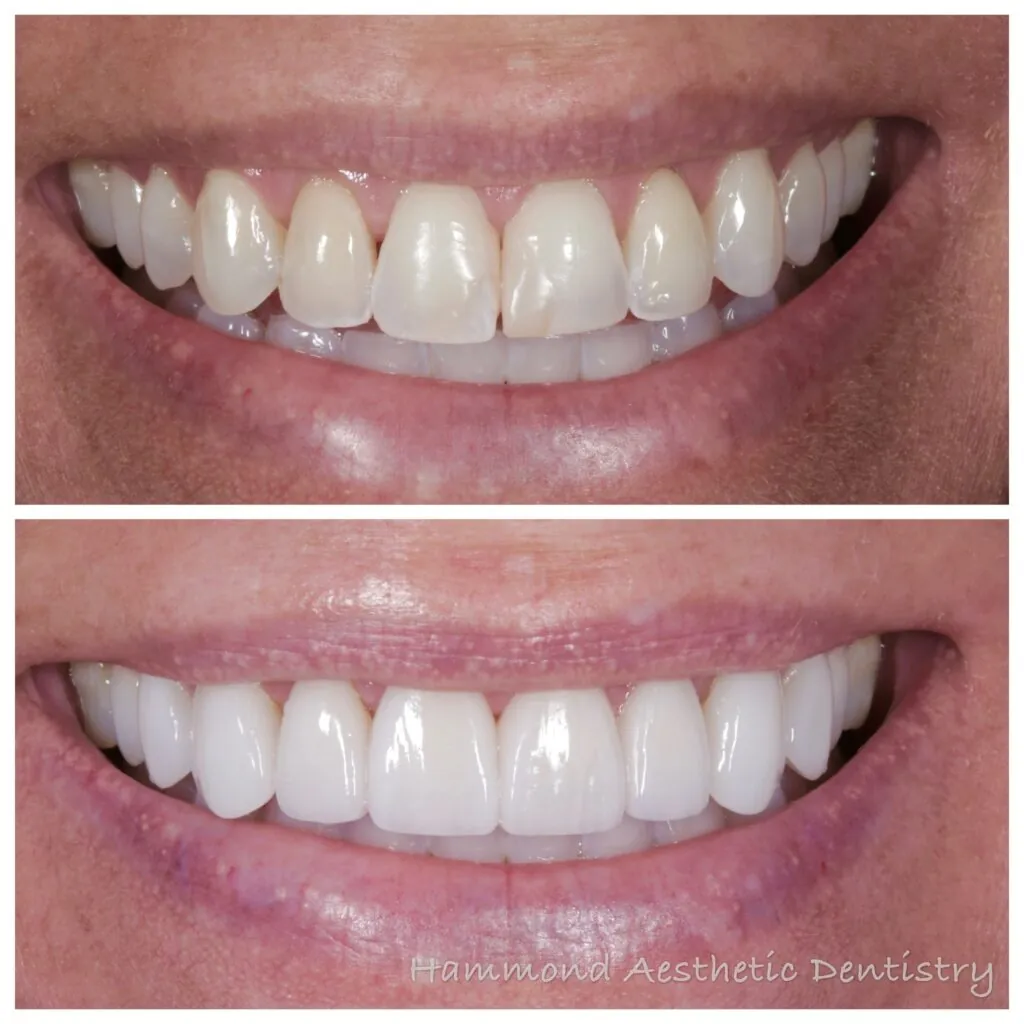Some formulations concocted by history’s earliest doctors were based more on superstition than science. However, modern medicine is discovering-or rediscovering-a few ancient treatments with true medicinal qualities. One of these is honey, reports an article in General Dentistry, the peer-reviewed journal of the Academy of General Dentistry (AGD).
“Honey was used in a poultice thousands of years ago,” says Eric Curtis, DDS, MAGD, spokesperson for the AGD, an organization of general dentists dedicated to continuing education. “Over time, its uses were written off as folklore.”
While honey is most often thought of as food, researchers are finding its curative qualities for fighting wound infections quite effective–and natural.
In fact, research is beginning to prove honey’s effectiveness as an antibacterial and anti-inflammatory agent in treating oral problems, such as periodontal disease, mouth ulcers and wounds from oral surgery, as well as preventing the development of dry socket after tooth extraction. What’s even more appealing to dentists is that despite applying properly prepared honey on or near teeth, it won’t cause cavities.
Honey is the result of ripened nectar mixed with enzymes from bees. These enzymes contain antibacterial qualities. And because nectar is a plant secretion, honey also can contain phytochemicals, some of which act as antioxidants that prevent the erosion of tissue surrounding teeth as a result of an infection. Unlike antibiotics, honey will not cause adverse side effects.
However, don’t rush to your local grocer and start stocking up on those honey-filled plastic bears. “Honey can vary widely in the potency of its antibacterial agents,” Dr. Curtis says, “it needs to be specifically selected and prepared for the purpose.” And while antibacterial honey is commercially available, honeys with high-levels of anti-inflammatory and antioxidant qualities are still being researched. Also, honey, like other foods, begins to dissolve once it comes in contact with saliva. Work is being done to develop a gelled honey for wound dressings that is slow to break down in the mouth





